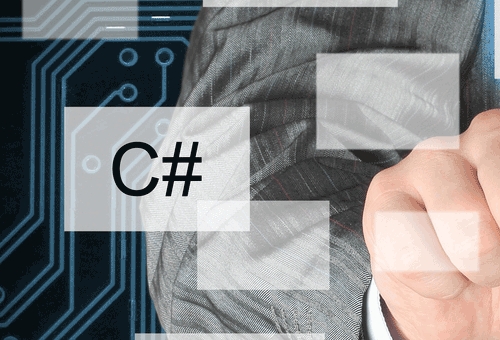CLASSES
Take a class at Fox Valley Tech for fun, personal enrichment or career development. Find classes in any location during any time of the day. We have hundreds of classes to fit your budget, schedule and learning style.
CATEGORIES
Sorry, no results were found. Please check back later.
Introduces students with little or no programming background to programming and logic principles that apply to traditional and Windows systems. Uses C# to apply the principles by developing simple Windows applications.
Presents the foundation skills necessary to create Web pages using HyperText Markup Language (HTML). Covers design concepts, hypertext links, tables, frames and Cascading Style Sheets (CSS).
Focuses on improving typing speed and accuracy through the use of skill-building software. Introduces data entry using the numeric keypad.
Learn the basic concepts to create, edit and enhance standard business documents using Microsoft Word and its many features.
Presents intermediate features of MS Excel. Learn how to create and modify a PivotTable and PivotChart; manage large workbooks and use advanced sorting and filtering; and create charts, diagrams, and templates.
Presents basic features of Microsoft Excel. Learn how to create, format, and edit worksheets; create formulas and tables; manage large workbooks; and analyze data with charts.
Presents intermediate features of Microsoft Word. Learn how to use styles and create multilevel lists and charts, use advanced table features and editing tools, build documents from reusable content, and revise documents using markup tools.
Presents basic features of Microsoft Word. Learn how to create, edit, and save documents; format characters, paragraphs, pages, and documents; apply special features when formatting; and create a merged document.







